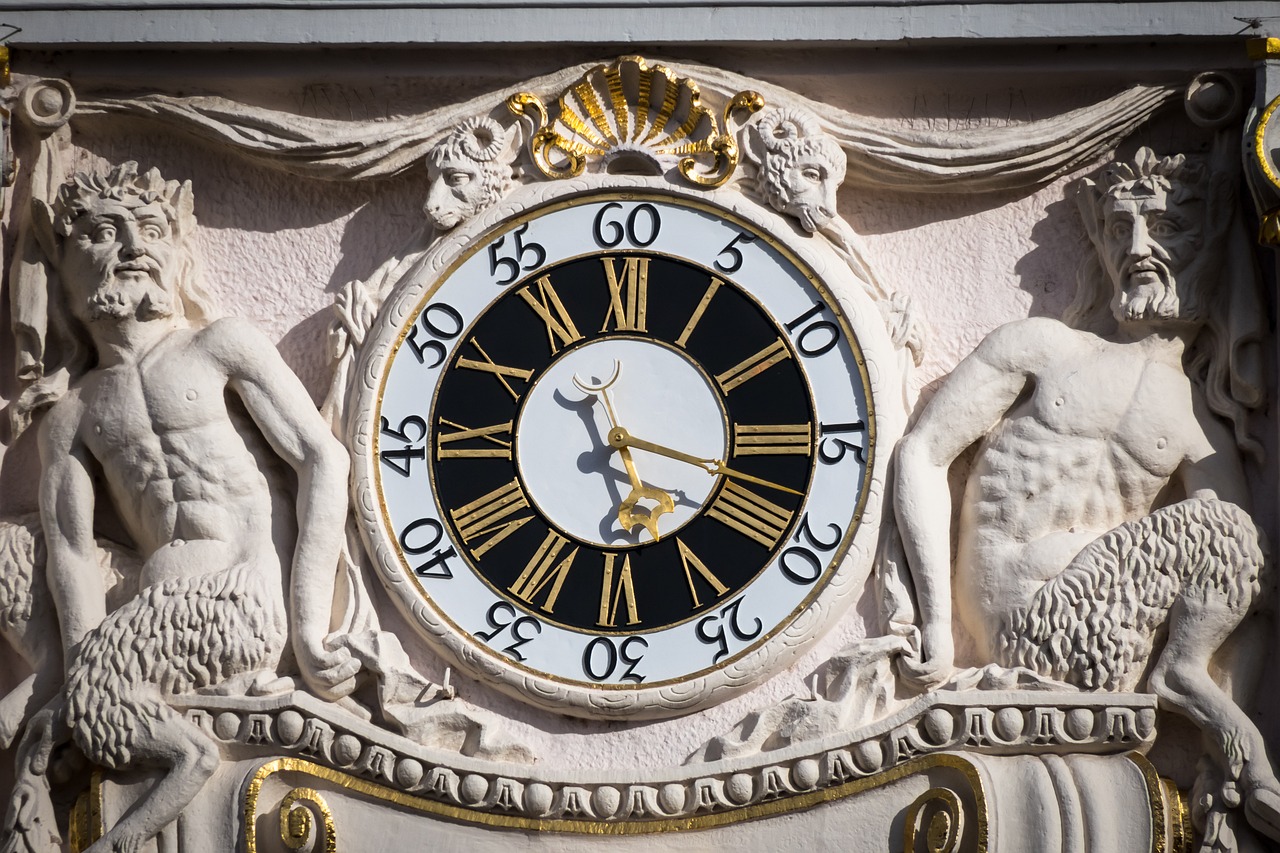Faunus: The Roman Deity of Fertility and Nature
Faunus stands as a significant figure in Roman mythology, embodying concepts of fertility, the wilderness, and the pastoral lifestyle. Revered by those who depended on the land, Faunus is recognized as a protector of animals and an overseer of agricultural bounty. His influence is manifold, as he is intricately linked to numerous celebrations that honor nature’s cycles and agricultural endeavors. This understanding of Faunus illuminates the depth of his role within the Roman agricultural calendar.
Essential Insights for Your Examination
-
Worship Practices: Faunus was predominantly venerated by rural communities, particularly farmers and shepherds, who sought his blessings for successful harvests and thriving herds. His favor was considered crucial for ensuring food abundance.
-
Festivals and Rituals: Ceremonial events dedicated to Faunus often involved fertility rites designed to enhance crop yields and livestock health. These traditions illustrate the close bond between the deity and agricultural livelihoods.
-
Artistic Depictions: Iconically portrayed with goat-like characteristics akin to the Greek deity Pan, Faunus embodies the essence of rusticity, reinforcing his connection to nature and the pastoral.
-
Lupercalia Celebration: This festival, in dedication to Faunus, featured rites that involved public nudity—symbolizing rebirth and fertility. Such activities highlight the link between Faunus and the rejuvenation of life.
-
Guardian of the Wild: As a protector of forests, Faunus was intrinsically tied to Italy’s wild regions, positioning him as a pivotal entity in the Roman religious framework, particularly for those dwelling in rural settings.
Examination Review Questions
-
Impact of Worship on Agriculture: How did the reverence for Faunus mirror the agricultural customs and beliefs of ancient Rome?
The adoration of Faunus was fundamentally intertwined with Roman farming practices, as farmers sought his favor for ample produce and healthy livestock. Events like Lupercalia served to affirm fertility through ritualistic observances, revealing Faunus’s indispensable role in agricultural sustainability and prosperity. -
Role of Lupercalia in Society: What significance did the Lupercalia festival hold for honoring Faunus, and how did its customs shape Roman social life?
Lupercalia functioned as a major celebration honoring Faunus, underscoring themes of fertility and purification. The involved practices, including sacrifices and community-running events, fostered social bonds among Romans and allowed for the playful suspension of societal norms, thus influencing public attitudes toward fertility and nature. -
Socio-Political Connections: In what ways did Faunus’s role as a pastoral deity relate to the socio-political climate of ancient Rome?
Faunus’s significance as a pastoral god aligned with the agrarian values vital for Rome’s sustenance. As a society rooted in agriculture and herding, invoking Faunus served to strengthen community ties built around these practices. His festivals not only unified rural populations but also reminded urban citizens of their agricultural foundations, highlighting the necessity for a balanced relationship with nature amidst urban development.



